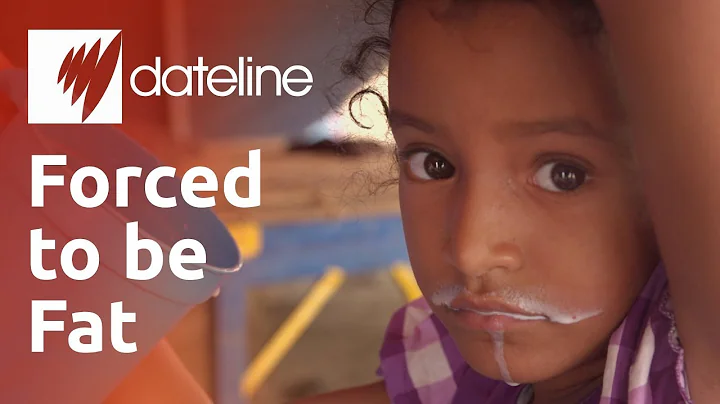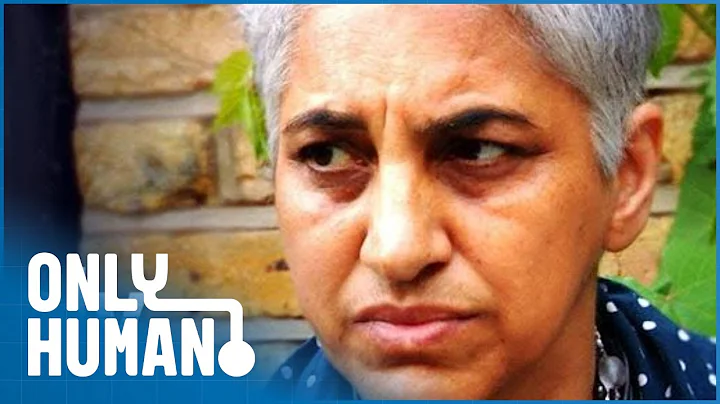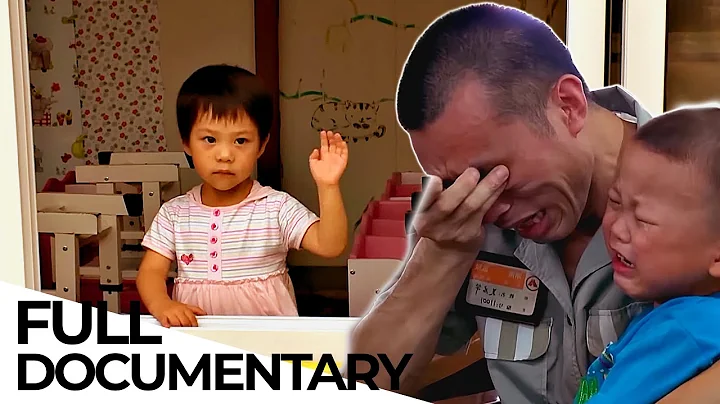Xinhua News Agency Taipei, October 18 (Reporter Chen Jianxing) In Taipei's Shilin District, close to Waishuangxi, Yusheng Street, far away from the bustling city, is quiet.
86-year-old Gao Binghan introduced reporters to his home and went straight to the small study room on the ground floor. Various "collections" make the space appear cramped, and they are all "treasures" of the elderly.
"My mother took this scarf off her body and put it on me when I left." In the autumn of 1948, when the weather was getting colder, 13-year-old Gao Binghan left his hometown in Heze, Shandong Province alone to avoid the war. He traveled all the way south and crossed the sea to Taiwan. Who would have thought that it would be 40 years before I returned to my hometown.
Xinhua News Agency's " National Photo Album " recently launched the "Come Back, Come Back" micro-documentary , in which Gao Binghan is one of the protagonists. In order to complete the interview, the reporter came to the old man's home in Taipei and listened to him talk about old memories. "That day, my mother sent me to the east gate of the city and said with tears: 'Son, stay alive, my mother is waiting for you to come back!'" Gao Binghan stroked his scarf gently, his eyes sad, "This is the only mother who has been with me for decades. When she returned, she had been gone for 10 years. "

Gao Binghan was interviewed by a reporter from Xinhua News Agency. Photographed by Xinhua News Agency reporter Chen Jianxing
"How many high-ranking mirrors have gray hair, how many wives have been keeping empty curtains for many years, how many children don't know whether their fathers are alive or dead, and how many strangers dream about China every night." After 1949, the two sides of the Taiwan Strait fell into a long-term isolation and confrontation. Separation is as far as the sea and the sky, relatives are separated in life and death, and the pain of endless longing becomes inextricable homesickness. The day before
visited Gao Binghan’s home, it rained heavily in Taipei. When the reporter left, he saw the wet fallen leaves on the ground. He looked back at the old man standing at the door of his home, and couldn't help but think of the rain all night long and the tears of his half-life.
Tears are the bitter thoughts of loneliness, but also the hope of reunion. In 1979, the mainland first advocated the opening of cross-strait exchanges. When the news came, Gao Binghan and many people with the same fate saw hope of returning home. He soon sent the letter to Shandong through friends overseas, and the next year he received a reply from his sister.

Elderly Gao Binghan at his home in Taipei (file photo). Photo by Xinhua News Agency reporter Zhao Yingquan
Mr. Gao took out a thick stack of family letters sent from the mainland and carefully flipped through the yellowed letter paper, counting all his family treasures. The reporter also saw a small sculpture made by Gao Binghan in the corner of the study. It was a memory of his mother teaching him to read and write. There is an altar of ashes on the side. "This is a veteran from mainland China who came to Taiwan. He asked me to take him home before he died," Gao said.
In 1987, many homesick mainland veterans took to the streets of Taiwan and launched a movement to return home to visit relatives. In October, the Taiwan authorities announced that some Taiwanese compatriots would be allowed to return to the mainland to visit relatives, and the cross-strait isolation barrier was finally broken. The next year, Gao Binghan returned to his hometown, but some of the old people he knew were unable to return home due to old age or illness. Before they died, they entrusted them with their last wish: "Be a wanderer in life, and refuse to be a wandering soul in death." "I have been taken care of by veterans since I was a child, and I must take them home." Since 1991, he has continuously crossed the strait and sent the ashes of nearly 200 veterans back to their roots. Although he is now old, he has not stopped fulfilling his promise. Another protagonist in the
micro-documentary is Liu Dewen, the head of Xianghe Village in Zuoying District, Kaohsiung City. When the reporter went to interview him a few years ago, he happened to be delivering lunch to the military village. The elderly people in the military village greeted Liu Lichang cordially when they saw him. The old people spoke with strong local accents from various parts of the mainland, and reporters sometimes had to carefully identify them, but he communicated with them without any hindrance. He also proudly introduced which battle of the Anti-Japanese War each old man had participated in.
Because of what an old man said before his death many years ago, "Chief, can you help me send the ashes home?" Liu Dewen has since carried heavy urns on his back again and again, traveling to various parts of the mainland at his own expense to deliver the wandering souls one by one. Return to the origin of life.
Gao Binghan and Liu Dewen, one is a "foreigner" who came to Taiwan in the late 1940s, and the other is a "local native" whose family has moved to Taiwan for several generations. At first, they were entrusted by acquaintances, and then strangers came to them, and they all accepted the mission without hesitation. After seeing "Come Back, Come Back", their replies to reporters actually had the same meaning: I hope the epidemic will pass as soon as possible, and there are still ashes waiting to be sent back to the mainland.

Liu Dewen showed reporters a photo of him taking a photo with the veteran's family when he brought the veteran's ashes back to the mainland (file photo). Photo by Xinhua News Agency reporter Wei Peiquan
The tides in the Strait are surging, and the current of history is rushing. The blood and flesh and blood ties connect the compatriots on both sides of the Taiwan Straits, and they can never be separated or separated. Gao Binghan and Liu Dewen also share a common wish, that is, they hope that the tragedy of separated relatives will not happen again, and that future generations will no longer suffer the pain of a turbulent life.
Separated by a river and so close to each other, the two sides of the Taiwan Strait have not yet been completely reunified, which is a trauma left to the Chinese nation by history. The story of Gao Binghan and Liu Dewen demonstrates the natural emotions and national identity of the two sides of the Taiwan Strait, which are thicker than water and help each other. It embodies great love, great justice and general trend. However, at present, some forces and people in Taiwan have abandoned the thoughts of blood and family ties, forgotten their ancestors, cut the two sides of the Taiwan Strait, restricted exchanges, and created confrontation. This reporter recently hitchhiked in Taipei. The taxi driver denounced the actions of the Democratic Progressive Party authorities: "Our family has been coming to Taiwan from Quanzhou for several generations. My dad said that the two sides of the Taiwan Strait are one family and they should communicate well. Why are we doing this now?" Is it like this? "
No one can change the kinship and love between Chinese people on both sides of the Taiwan Strait. It can not only heal the pain of history, but also become a force that can unite the common will to grasp the present and create the future. The Taiwan issue arose due to national weakness and chaos, and will surely be resolved with the rejuvenation of the nation. This is the general trend of history and our shared hope.
Taiwan Island is like a ship, carrying the common destiny and pursuit of hundreds of millions of compatriots on both sides of the Taiwan Strait. The years are full of joys and sorrows, but Taiwan will eventually return home and the nation will be reunited.
Source: Xinhua News Agency




















